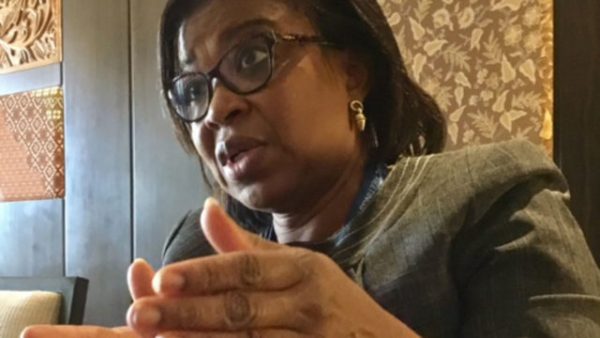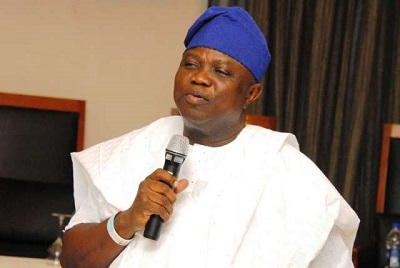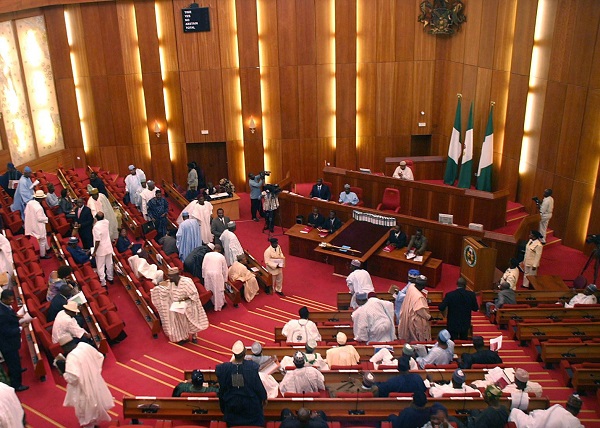Why Nigeria, others should explore export, PPP to check debt vulnerabilities

Rising indebtedness may be a global phenomenon, but the debt levels of developing countries are amplifying their economic vulnerability, the United Nations Conference on Trade and Development’s (UNCTAD) new research warns.
Indeed, the report recommended long-term access to foreign demand and thus reliable export markets to address concerns.
By encouraging an international trade system that inclines towards development, UNCTAD noted that the move would support such countries’ emergent domestic growth and investment to repay external debt.
The Debt Management Office (DMO), had last week, stated that the country’s debt profile has hit N25 trillion.
Though the institutions said conditions were favourable for the country to continue to borrow, the IMF equally expressed worry over the capacity to repay.
According to the DMO, Nigeria’s total public debt recorded a 2.3 percent growth, representing about N560.009 billion between January and end March (Q1) of 2019, thus bringing the country’s new debt level to about N25 trillion, up from the end December 2018 level of N24.387 trillion.
The Director-General, DMO, Ms. Patience Oniha, in a statement, said the amount represents both the domestic and foreign debt obligations of the Federal and States Government including the Federal Capital Territory (FCT).
UNCTAD observed that many developing countries have experienced growing – and in some cases premature – connectivity to international financial markets following the debt relief afforded by the Heavily Indebted Poor Countries Initiative and the Multilateral Debt Relief Initiative.
“There have been rising levels of developing country debt – the demand for which moves in step with international forces that have little to do with the management of the debt sustainability by developing countries,” the research paper says.
It observes that the vulnerabilities now facing developing countries are influenced by global trends over which they have little control, and which influence their domestic outcomes.
The paper calls for a more balanced growth strategy in developing countries to better enable them to manage existing and future debt burdens.
“Such a strategy requires a range of policy instruments for more careful internal and external integration, as well as policies to boost effective demand, to increase labour incomes and to reform and re-regulate financial markets, the paper notes.
“Establishment of a robust domestic “profit-investment” nexus that promotes a dynamic interaction between private sector profit expectations, actual investment, realised profits and growing retained earnings. This necessitates a development strategy that involves well-planned public investment in essential infrastructure to create productive links with domestic private investment projects”, it added.
UNCTAD’s position reinforces the stance of the Lagos Chamber of Commerce and Industry (LCCI) that the government should cut down its debt and seek other ways of raising funds, by rigorously promoting new investments to increase revenue.
Indeed, the LCCI noted that any additional loan to the current profile would invariably increase the overall debt portfolio of the country which stood at N24.39trn as of December 31, 2018.
“Already, the Federal Government proposed to spend a total of N2.14tn on debt servicing in the 2019 fiscal year which is 27% of revenue. We are concerned with the increasing amount meant for debt servicing and is becoming worrisome as more funds that could be used for developmental projects are used to service debts.
“We expect the government to cut down its debt and seek other ways of raising funds, by rigorously promoting new investments to increase revenue”, LCCI President, Babatunde Ruwase said.







